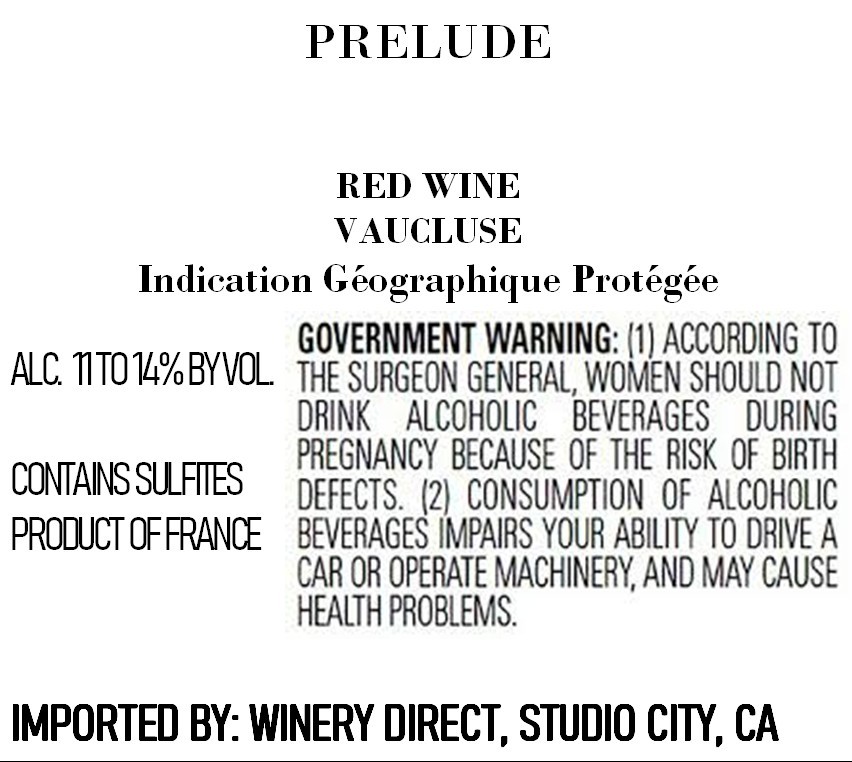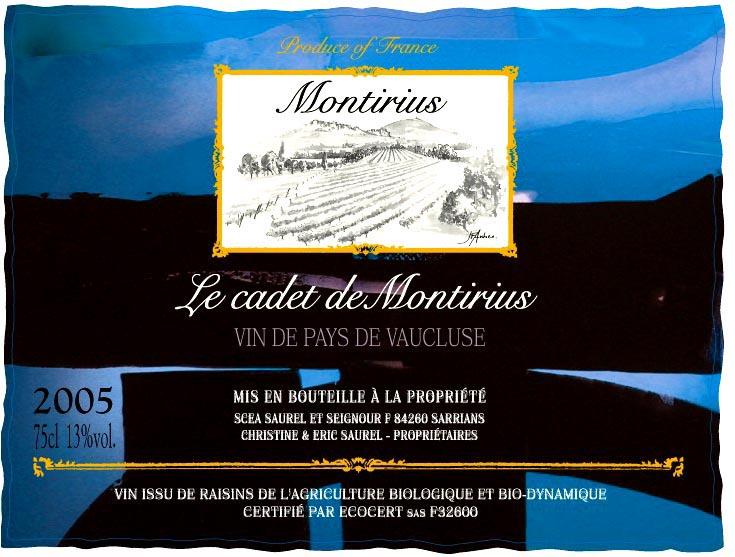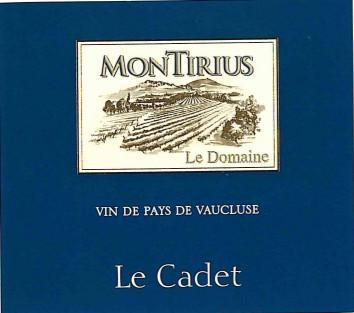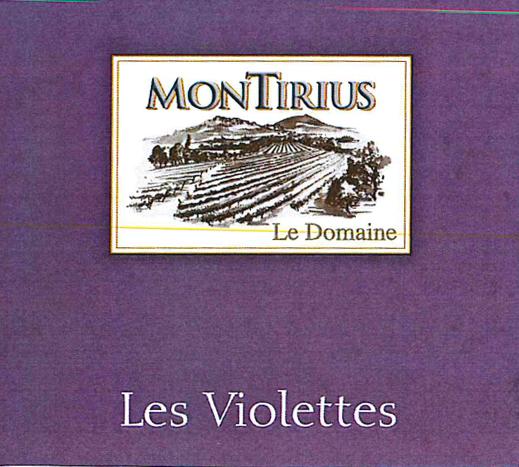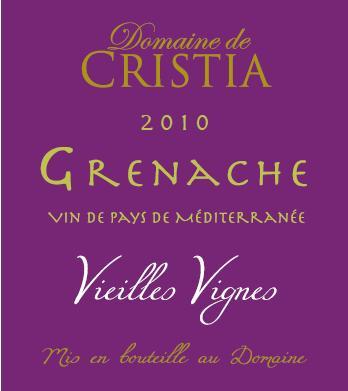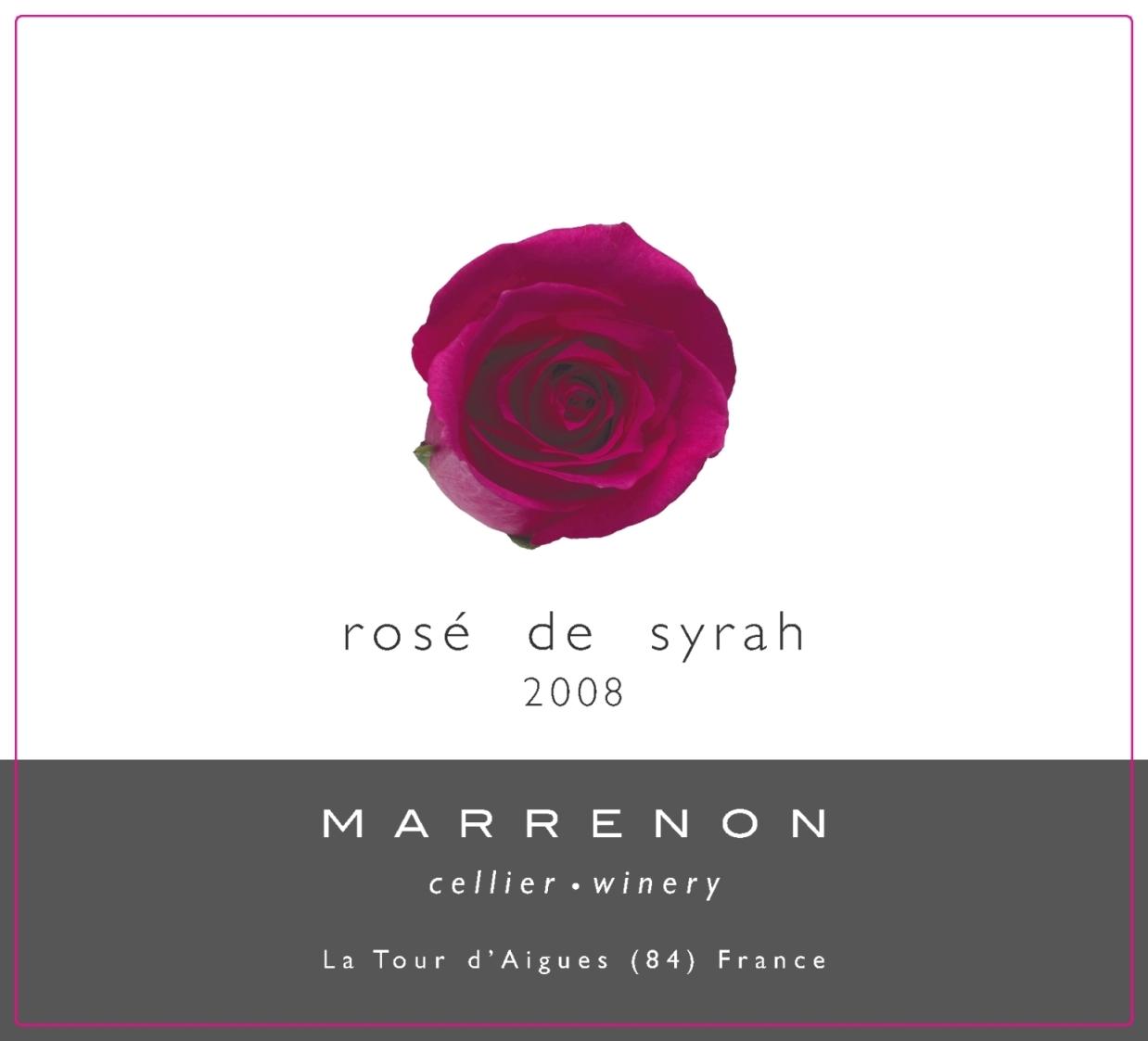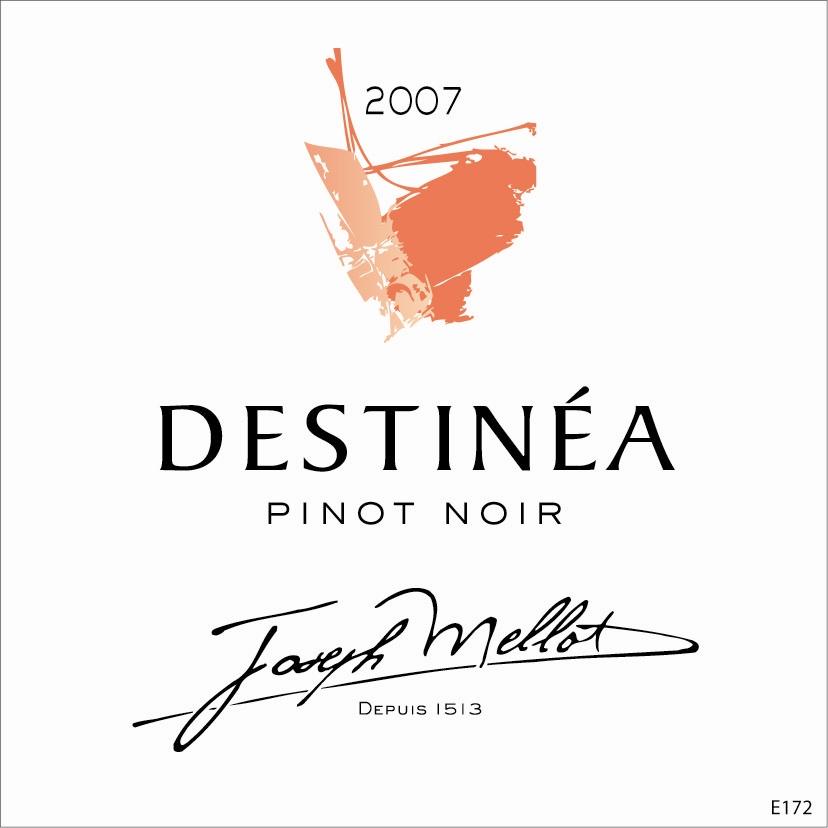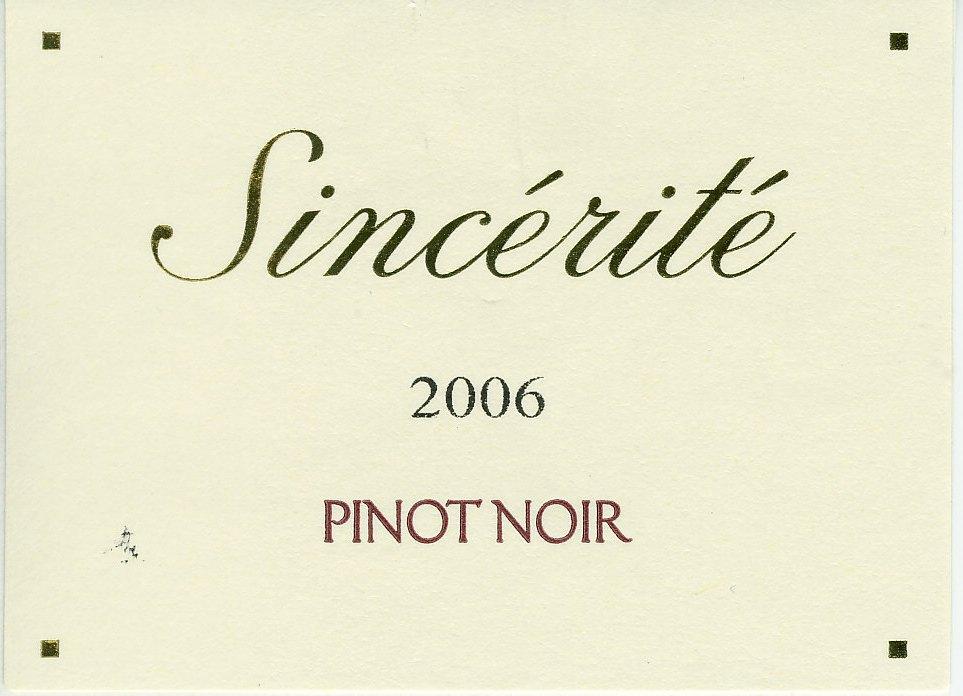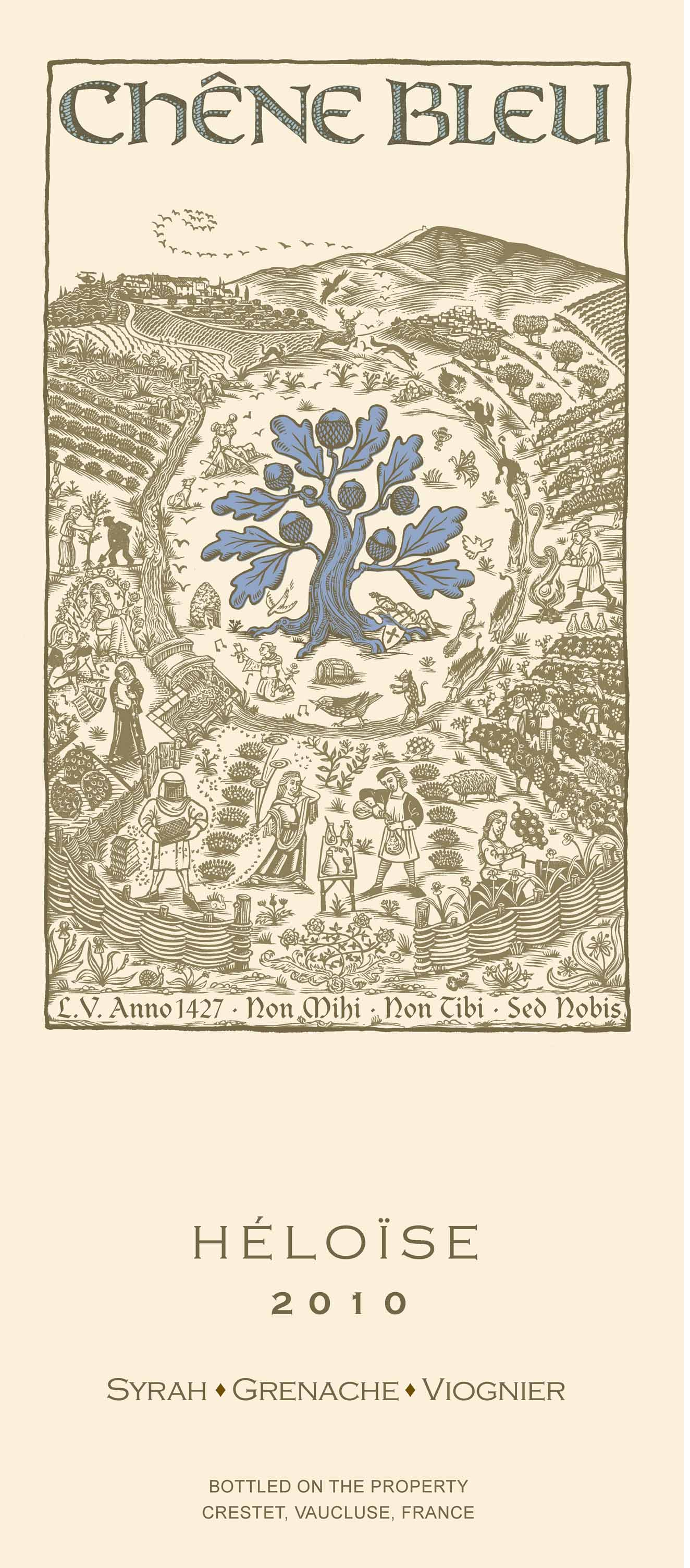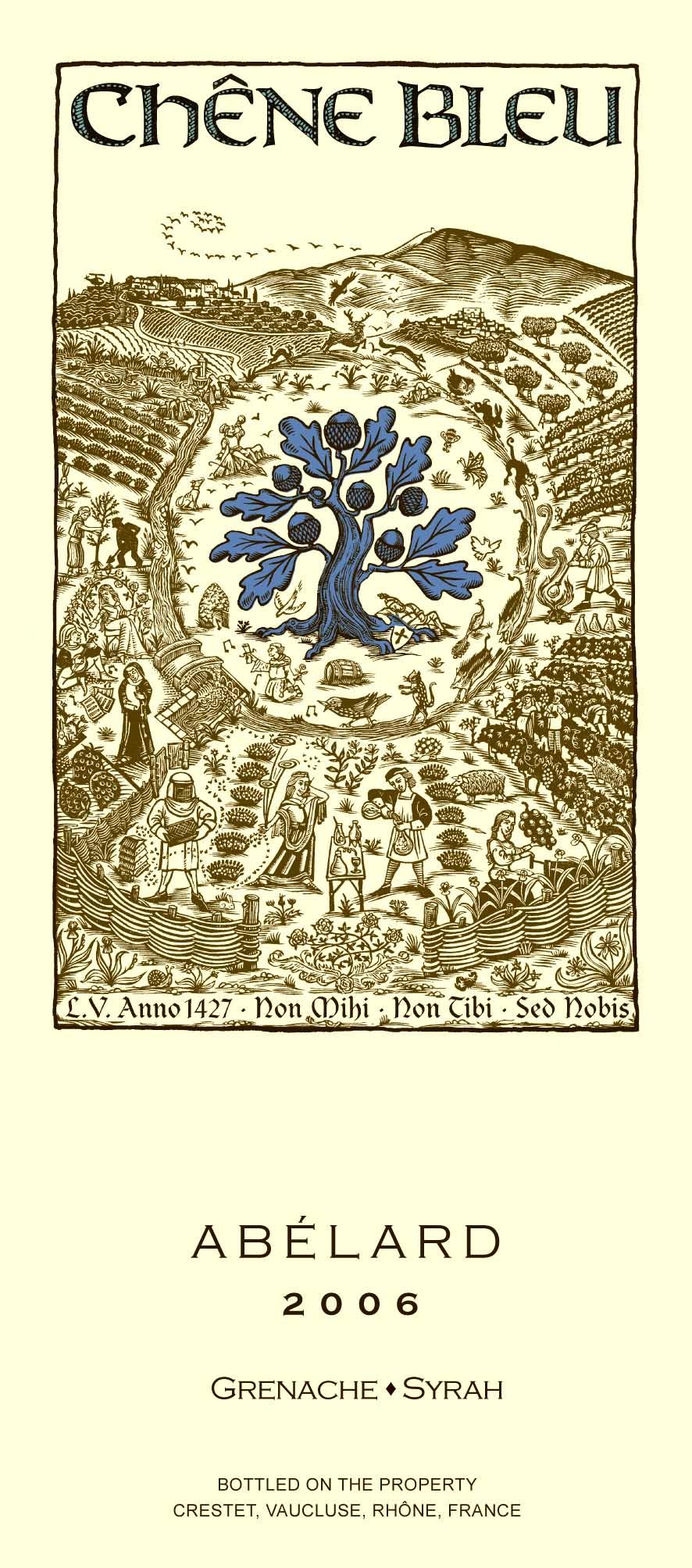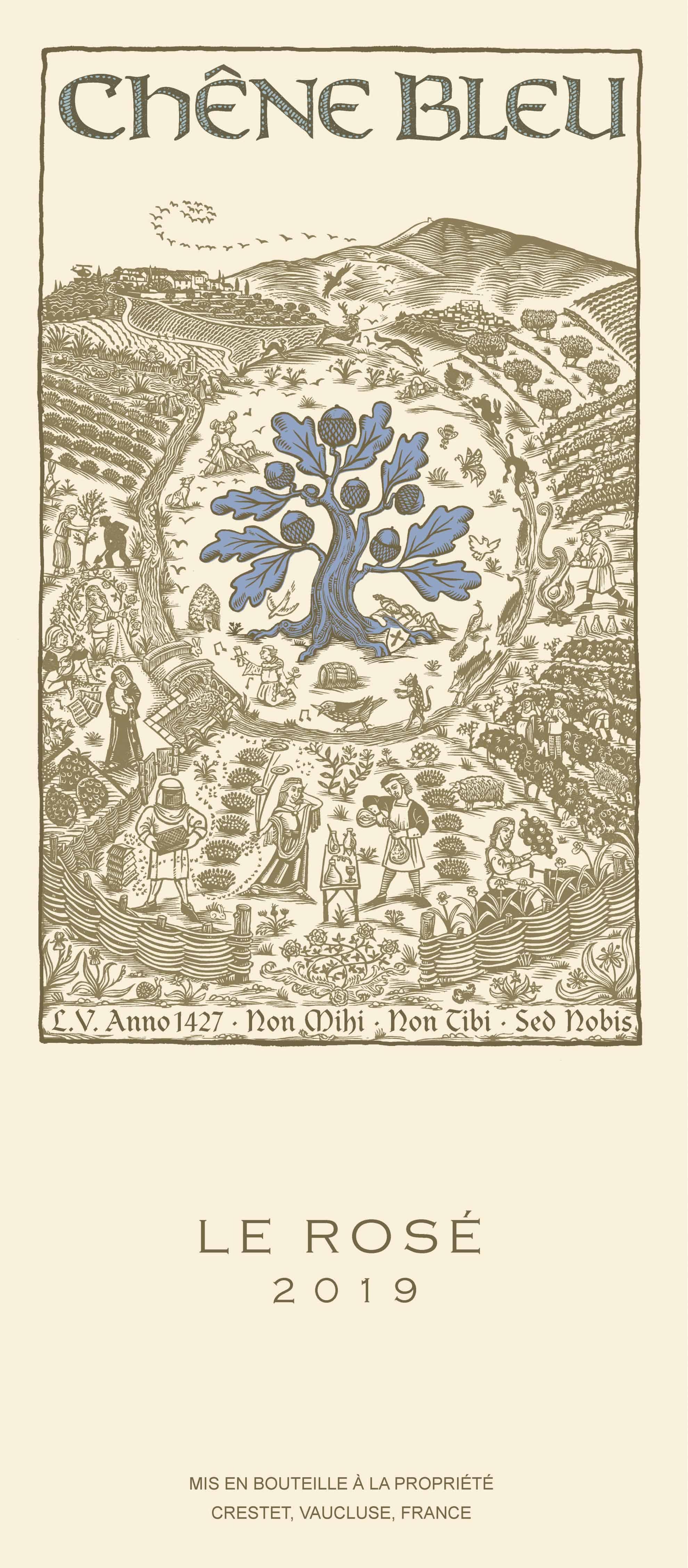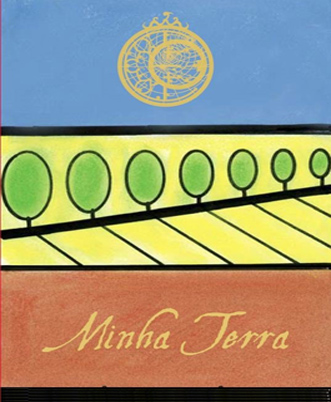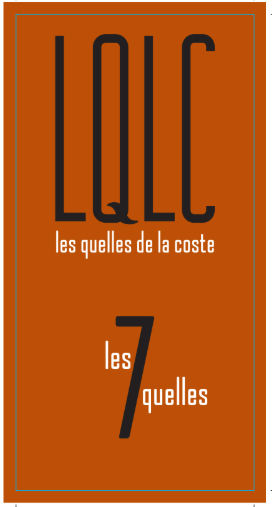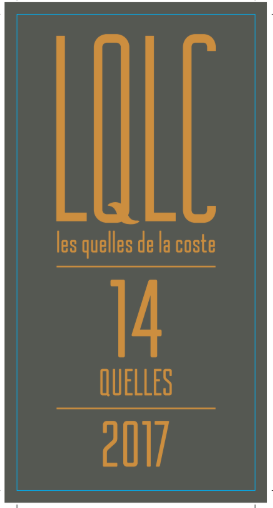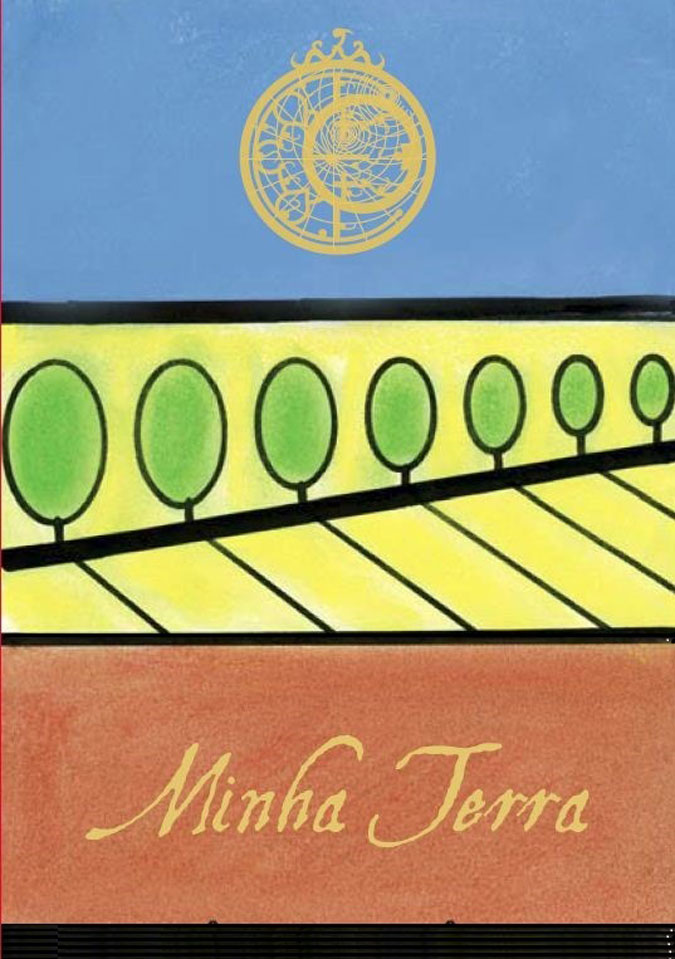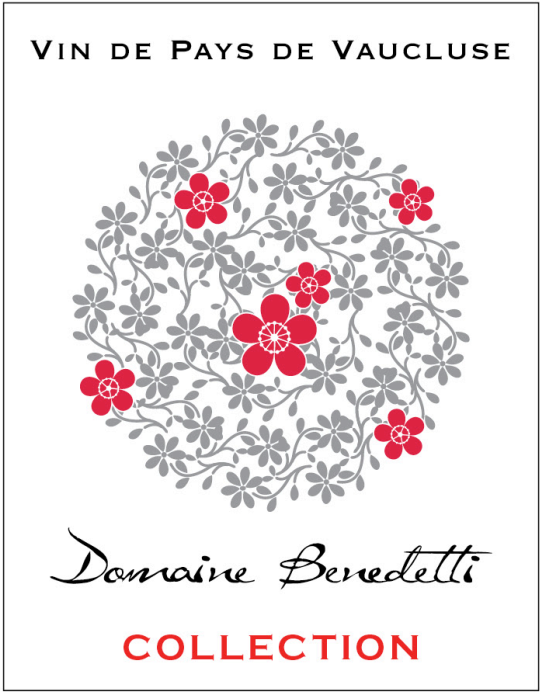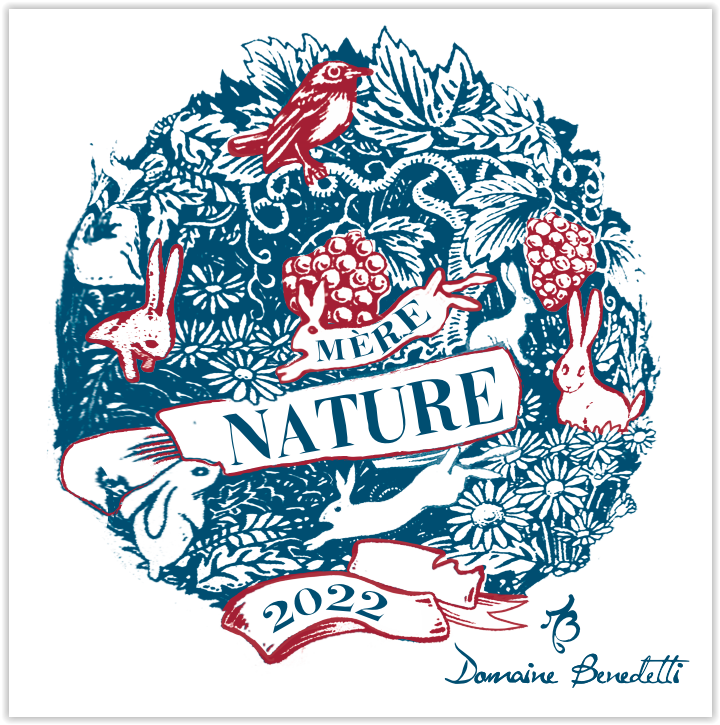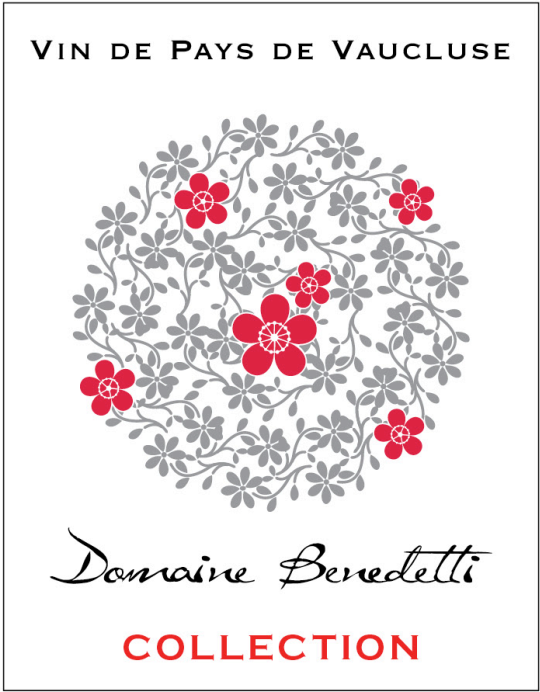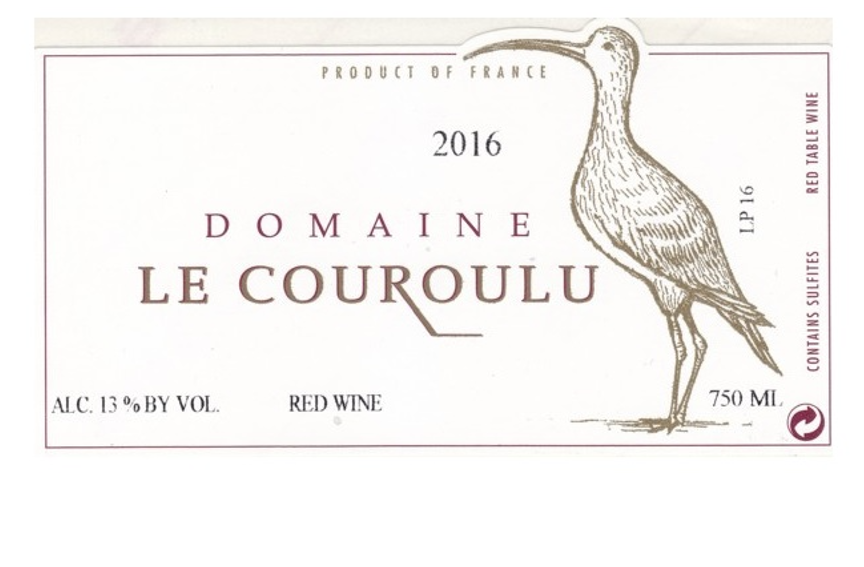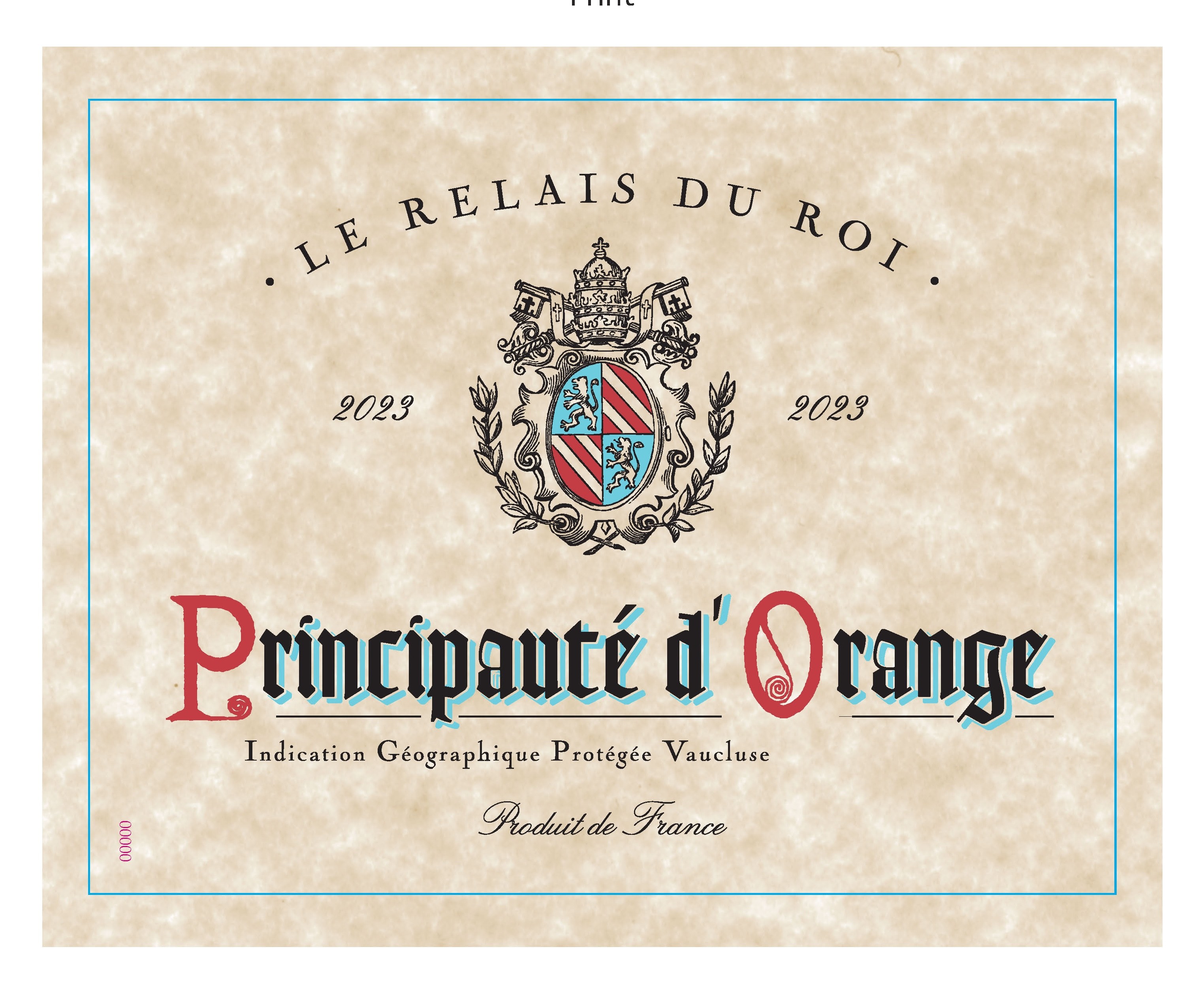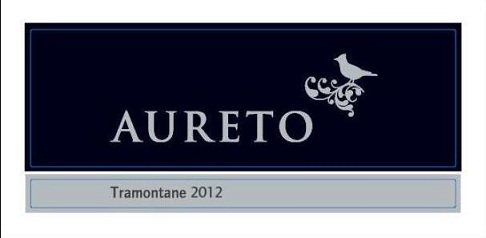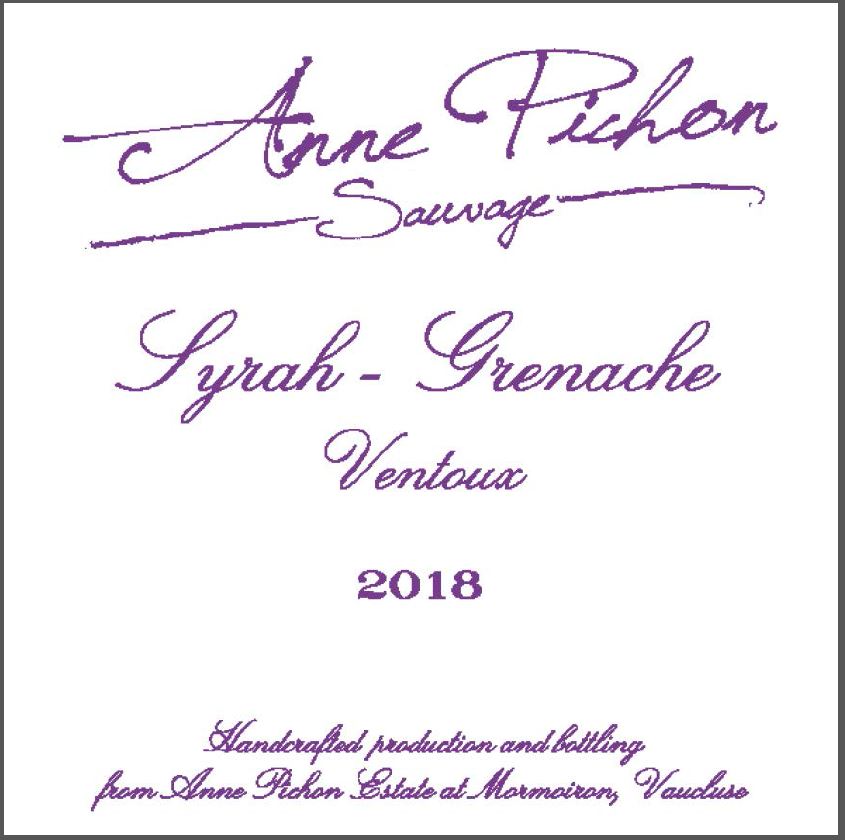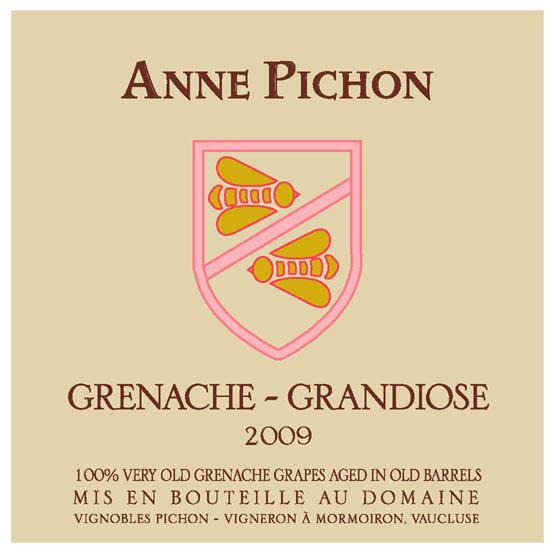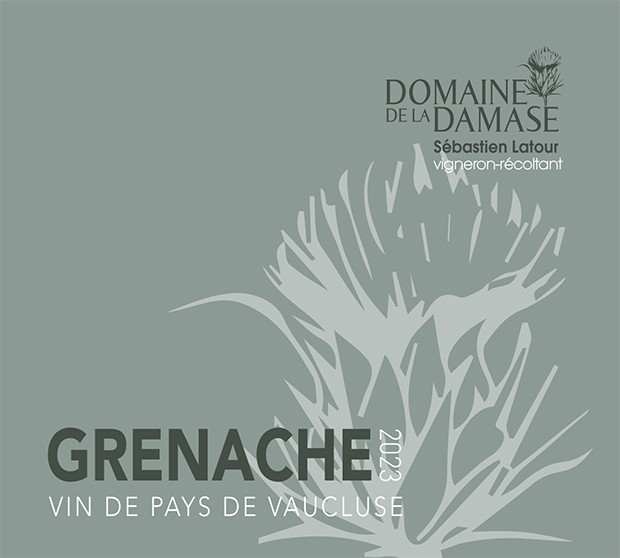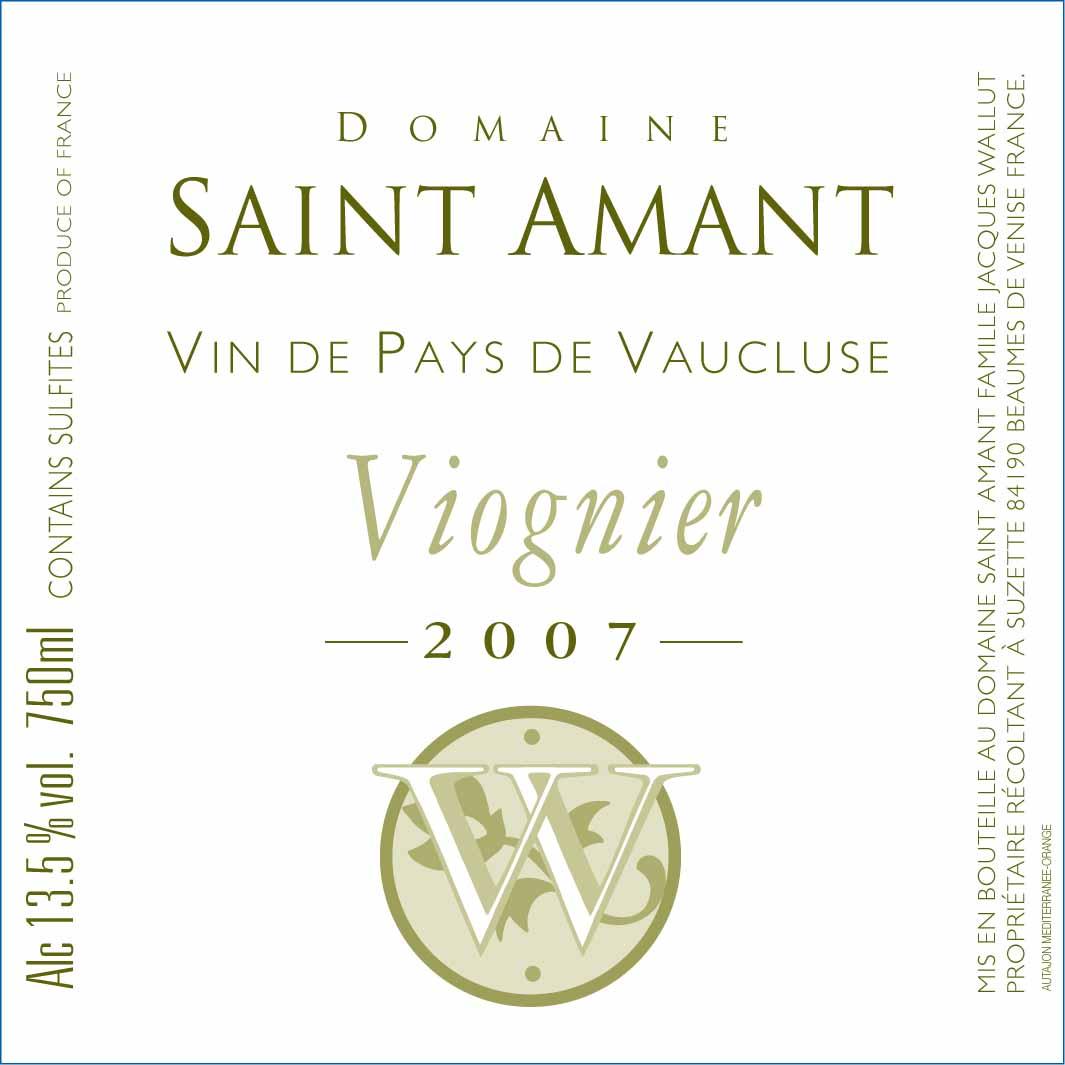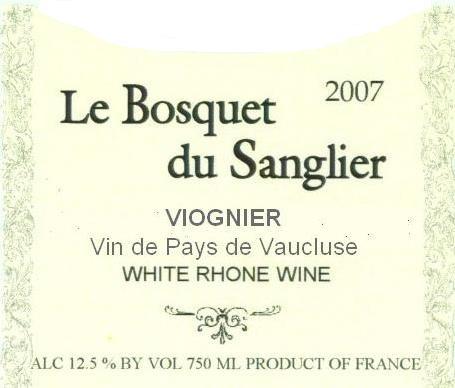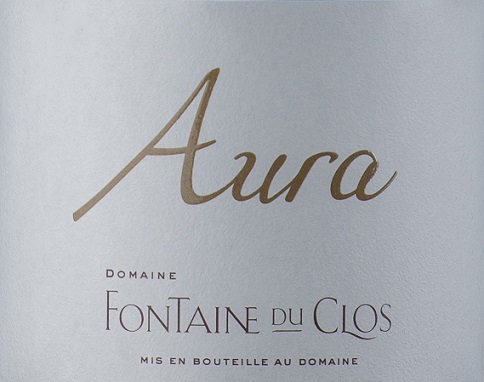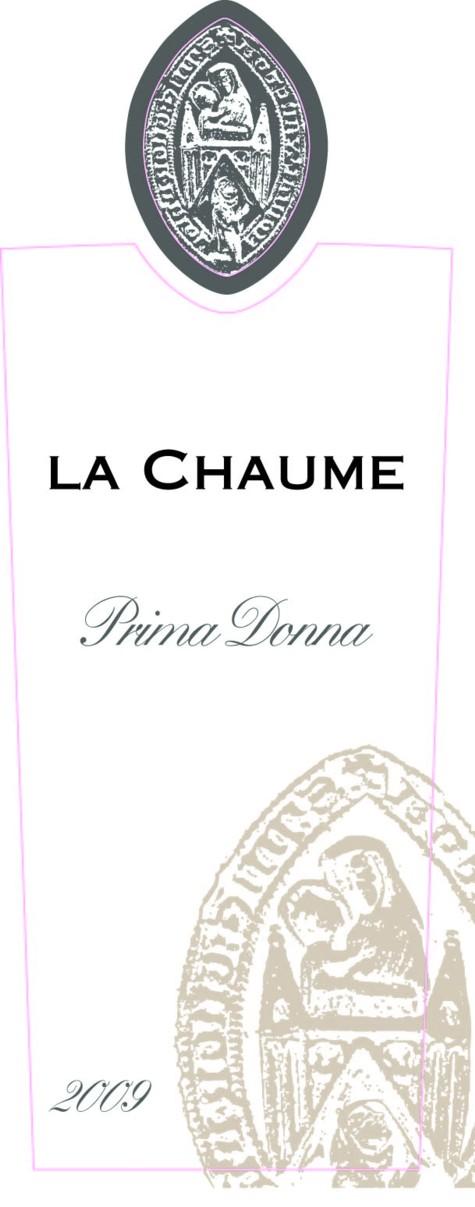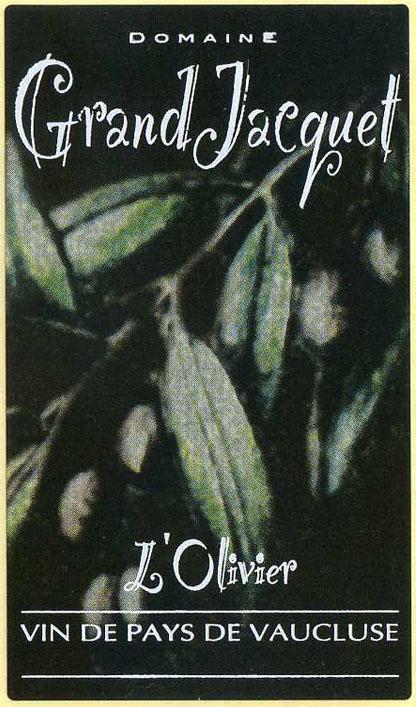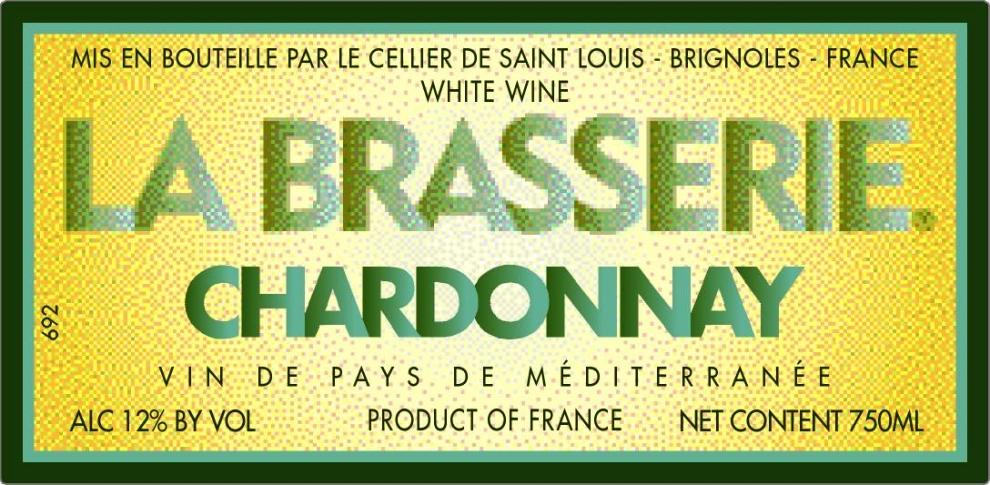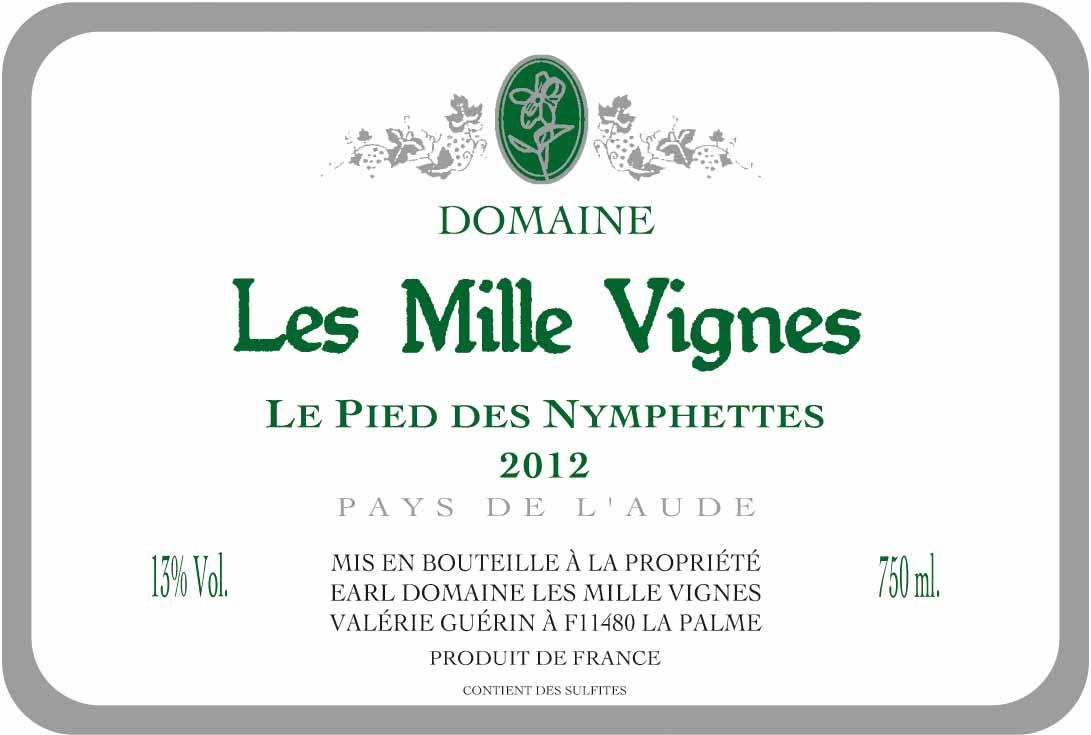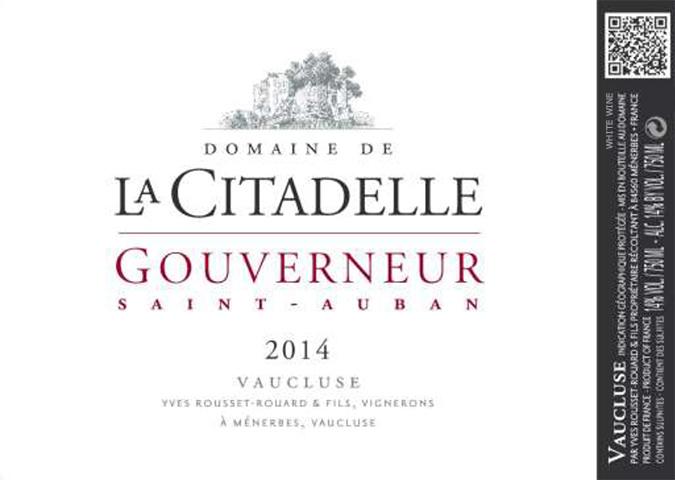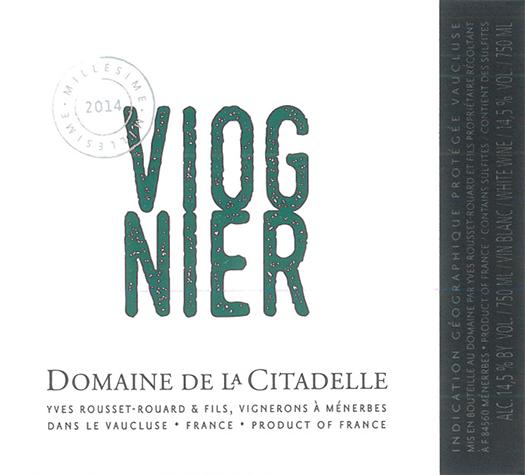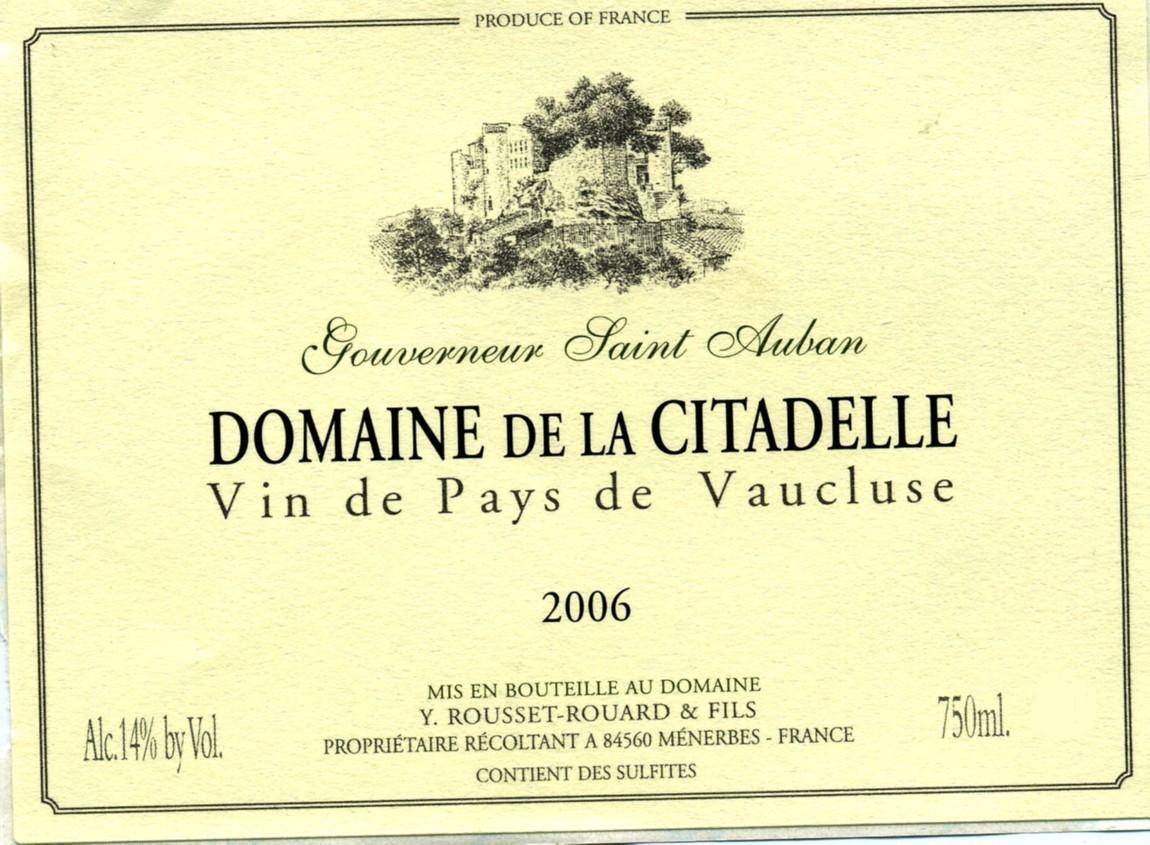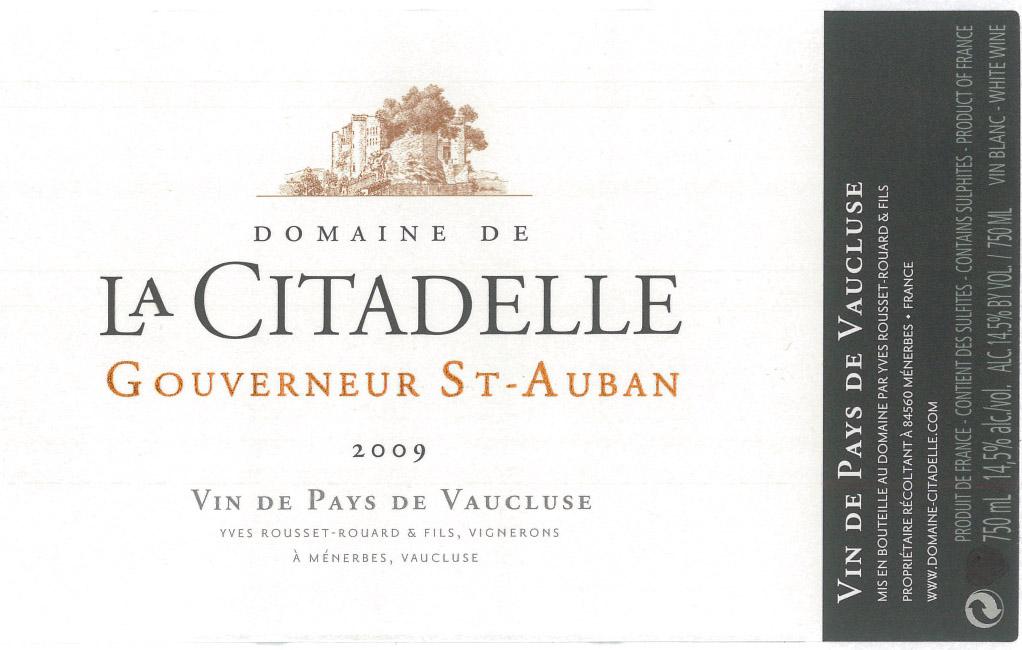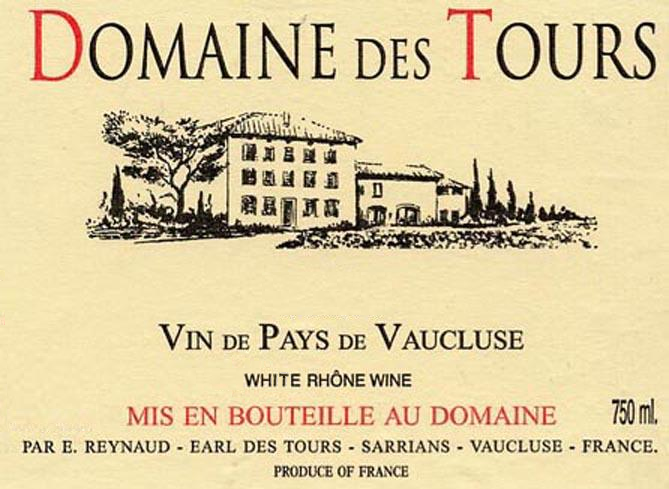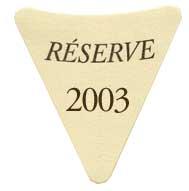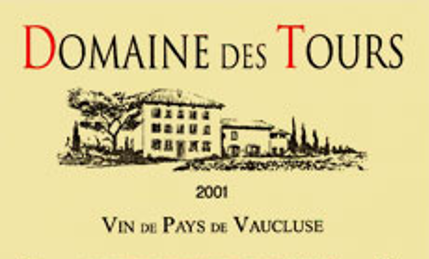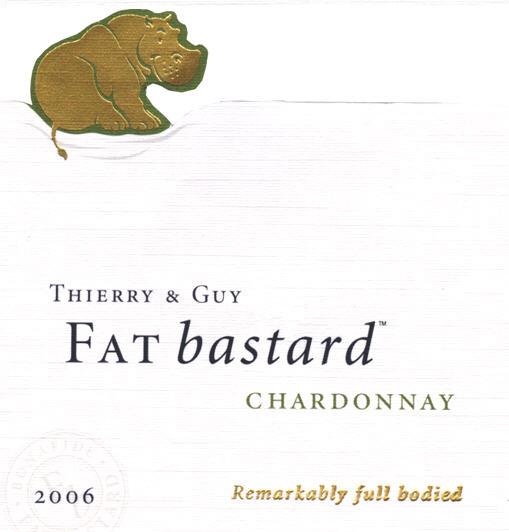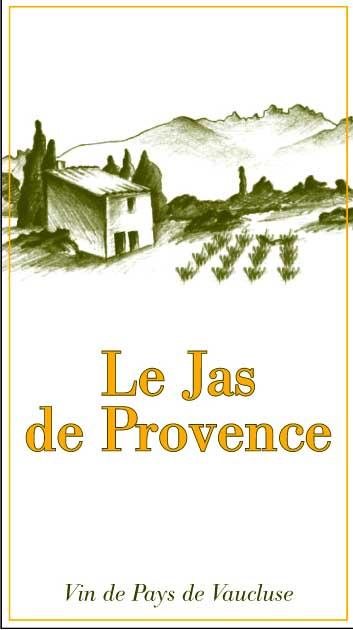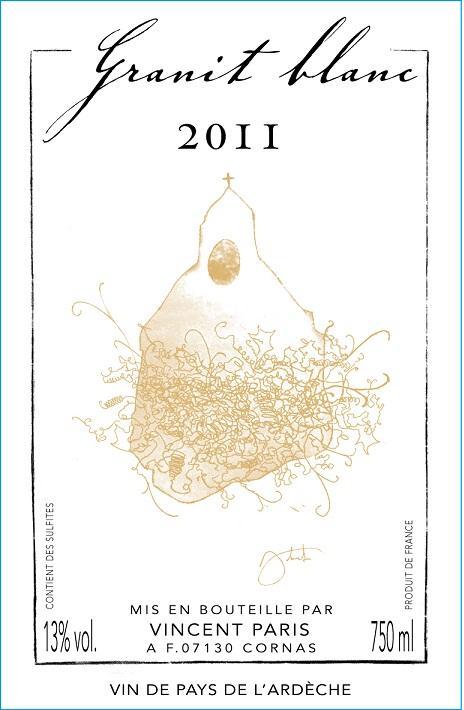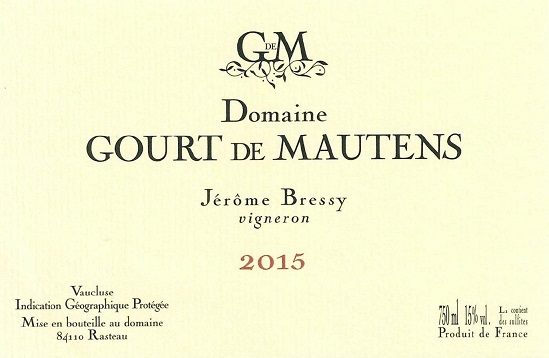Terroir of Vaucluse
The Vaucluse region, with its diverse soils, plays a significant role in shaping its distinctive wines. The hills are covered in limestone-clay and rocky scree, while the lower areas feature sandy alluvium and river gravel. Notably, Châteauneuf-du-Pape's famous galets roulés absorb and release heat, influencing the wine's style. The Mediterranean climate, with its hot, dry summers and mild winters, contributes to the region's vibrant viticulture.
Vineyards benefit from the mistral wind, which cools the area and reduces humidity, fostering healthy grape development. Additionally, the higher altitudes and cooler nights on the Ventoux slopes help retain acidity, adding structure to the wines. This unique combination of climate and terroir supports the production of robust and diverse wines, from the rich reds of Grenache and Syrah to the aromatic whites led by Viognier.
Notable Wineries in Vaucluse
The Vaucluse region of France is renowned for its exceptional wineries, offering a rich tapestry of flavors and history. Among the noteworthy producers are:
- Domaine Chêne Bleu: Nestled in Ventoux, this estate is celebrated for its Rhône blends, crafted with dedication to terroir.
- Domaine Santa Duc: Known for its expressive wines from Vacqueyras and Gigondas, showcasing the essence of the Rhône Valley.
- Château La Nerthe: A historic gem in Châteauneuf-du-Pape, producing wines that reflect the legacy of the region.
- Domaine du Vieux Télégraphe: A staple in Châteauneuf-du-Pape, recognized for its robust, age-worthy wines.
- Château Pesquié: A prominent name in Ventoux, known for its vibrant and refined offerings.
Sustainable Winemaking in Vaucluse
In Vaucluse, sustainable winemaking is gaining momentum as vineyards commit to eco-friendly practices that harmonize with the region's unique terroir. Many vineyards are transitioning to organic and biodynamic methods, such as using cover crops and establishing biodiversity corridors to enhance soil health and ecosystem balance.
With the region's dry climate, effective water management is essential. Vineyards are adopting drip irrigation where permitted and practicing dry-farming on rocky slopes to conserve water. Furthermore, integrating renewable energy sources and gravity-flow cellars helps minimize environmental impact. These practices reflect a blend of tradition and innovation, ensuring Vaucluse wines remain environmentally sustainable and vibrant.
Wine Tourism in Vaucluse
Vaucluse, a picturesque wine region in southeastern France, thrives in its Mediterranean climate, with the Rhône River valley and Mont Ventoux foothills providing a stunning backdrop. Known for Grenache, Syrah, and Viognier, the area offers a blend of history and viticulture, with roots tracing back to the Avignon Papacy and ancient winemaking traditions. The influence of the mistral wind and unique soil composition further enhance the character of its wines.
Visitors can enjoy scenic routes from the Ventoux foothills to Châteauneuf-du-Pape, exploring charming villages, Roman ruins, and medieval sites in places like Avignon and Vaison-la-Romaine. Wineries offer tastings paired with Provençal cuisine, celebrating vibrant reds, whites, and rosés. Beyond vineyards, diverse agriculture, including lavender and olive farms, enriches Vaucluse's wine tourism.



